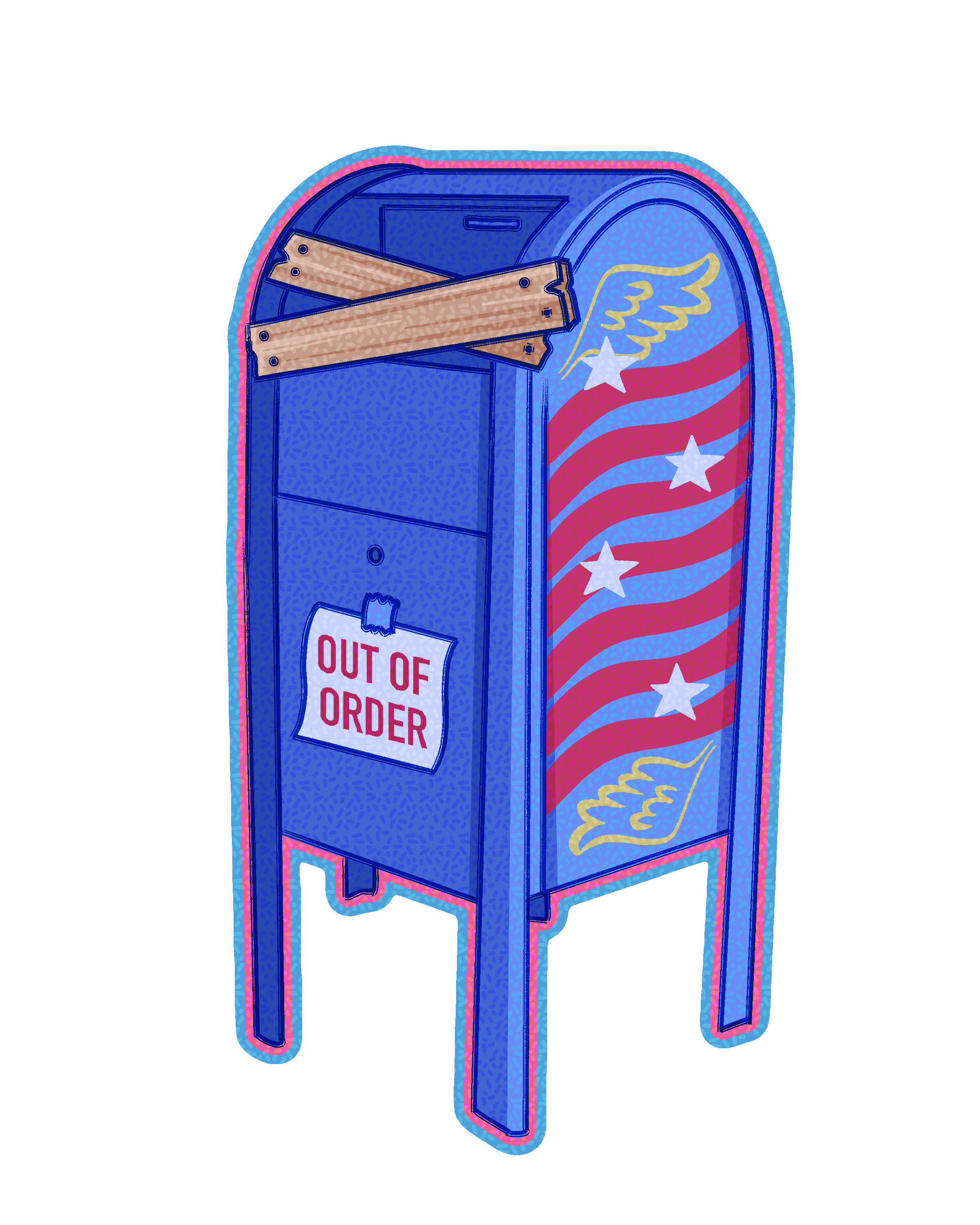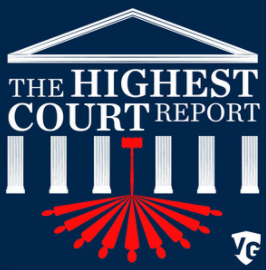After historic voter turnout in the 2020 elections, Republican state legislators across the nation are introducing restrictive legislation on the right to vote, especially mail-in voting.
According to a Brennan Center February report, well over half of state legislatures have introduced over 150 bills aimed at restricting mail-in voting, access to the vote and the electoral procedure as a whole.
The report stated thirty-three states have introduced, prefiled, or carried over 165 restrictive bills this year (as compared to 35 such bills in fifteen states on Feb. 3, 2020).” The report alleged these actions are a response to the record-level voter turnout seen in the 2020 election, and are “grounded in a rash of baseless and racist allegations of voter fraud and election irregularities.”
Former President Donald Trump, in a recent interview with Fox News, broke his silence since the Capitol riot on Jan. 6 to eulogize the passing of controversial talk-radio personality Rush Limbaugh. Trump claimed both he and Limbaugh believed the election was “rigged,” and spouted the baseless claims the report describes.
The Cybersecurity & Infrastructure Security Agency, under Trump’s administration, stated in a Nov. 12 press release that “the Nov. 3 election was the most secure in American history.”
This has not persuaded many state legislatures of the recent election’s security and legitimacy. According to the Brennan Center report, there are four categories of voter restriction tactics being presented by legislatures: limit mail-in voting access, impose stricter voter ID requirements, slash voter registration opportunities and enable more aggressive voter roll purges.
In Georgia, a state in which elections had far-reaching ramifications for both the presidency and the United States Senate, the State House of Representatives has instituted a committee to investigate the integrity of the 2020 election. Legislators there are attempting to institute a rollback of “no-excuse” absentee voting, a process which proved critical to voting during a dangerous pandemic.
In Arizona, which leads the nation in proposed voter suppression legislation in 2021 with 19 restrictive bills, Republican lawmakers have proposed bills aimed at altering the way Arizonans vote by mail and remove entirely the permanent “early voter list.”
According to a January report by Phoenix affiliate Fox News 10, “Democrats and voting rights activists are raising alarm, saying these proposed measures amount to voter suppression.”
In the same article, State Rep. Athena Salman of Tempe, Arizona spoke to early voting and mail-in voting: “It’s the preferable method of voting for 80% of Arizona voters…to see Republicans do this power grab after the highest voter turnout elections in our state’s history, in the shadows of an attempt to overthrow the election results in Arizona, there’s no other way to describe this than as a flat-out power grab, and that’s what this is.”
Pennsylvania, a state with 14 legislative proposals to restrict the vote in a similar manner to Arizona, first came into the 2021 political spotlight when its Republican state senators refused to seat a Democratic coworker, until a federal judge instructed them to.
Currently, the Pennsylvania GOP intends to introduce bills which necessitate voters who want to vote by mail to call for a ballot preceding every election, rather than putting them on a perpetual vote-by-mail list. Additionally, Republicans in the state intend to provide poll watchers more access to observe mail-in ballot tabulation, necessitate “signature matches” on outer envelopes and the mail-in ballots inside and exclude all mail-in ballots, regardless of postmark, that are not received by election day.
Alternatively, some lawmakers at the state and federal level are introducing concurrent legislation to expand voter rights.
According to the Brennan Center report, “other state lawmakers are seizing on an energized electorate and persistent interest in democracy reform (which is likewise reflected in Congress). To date, thirty-seven states have introduced, prefiled or carried over 541 bills to expand voting access (dwarfing the 188 expansive bills that were filed in twenty-nine states as of Feb. 3, 2020).”
Oregon Senator Ron Wyden reintroduced his annual “Vote From Home” bill with Oregon Representative Earl Blumenauer that would make universal absentee voting—or the ability to vote by mail with no required excuse—required for federal elections and prohibit states from forcing “additional conditions or requirements on the eligibility of the individual,” except for the postmark deadline.
Oregon is one of few states which did not attempt any voter restriction legislative proposals, and also has one of the highest rated voting systems and participation rates in the country.
One possibility as to the large number of voter suppression proposals from the GOP is the recent voter registration flight away from the Republican party since the Jan. 6 Capitol riot.
According to a recent analysis by The New York Times, an estimated 140,000 Republicans left the party in 25 states, and 19 states do not have “registration by party.”






